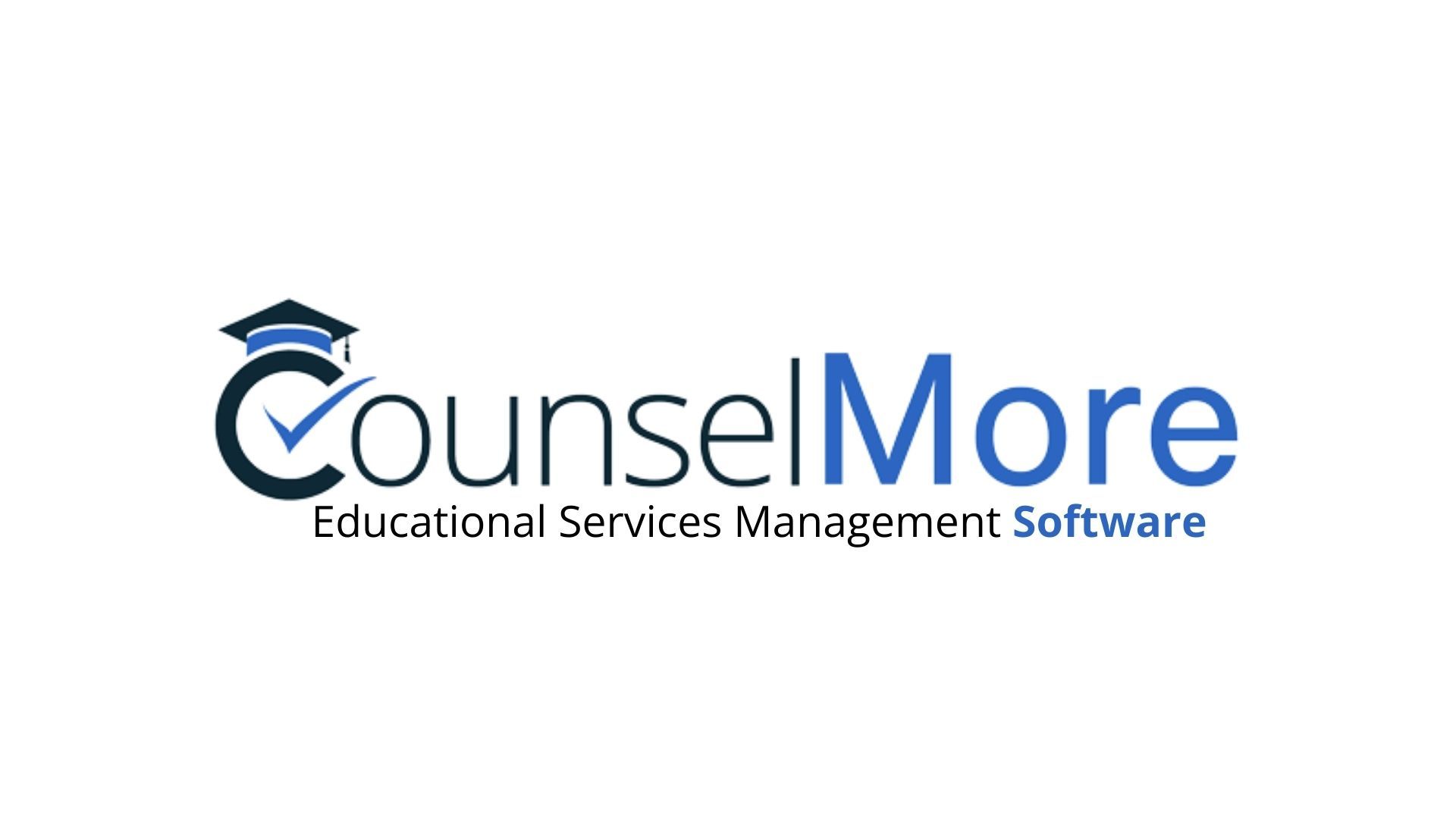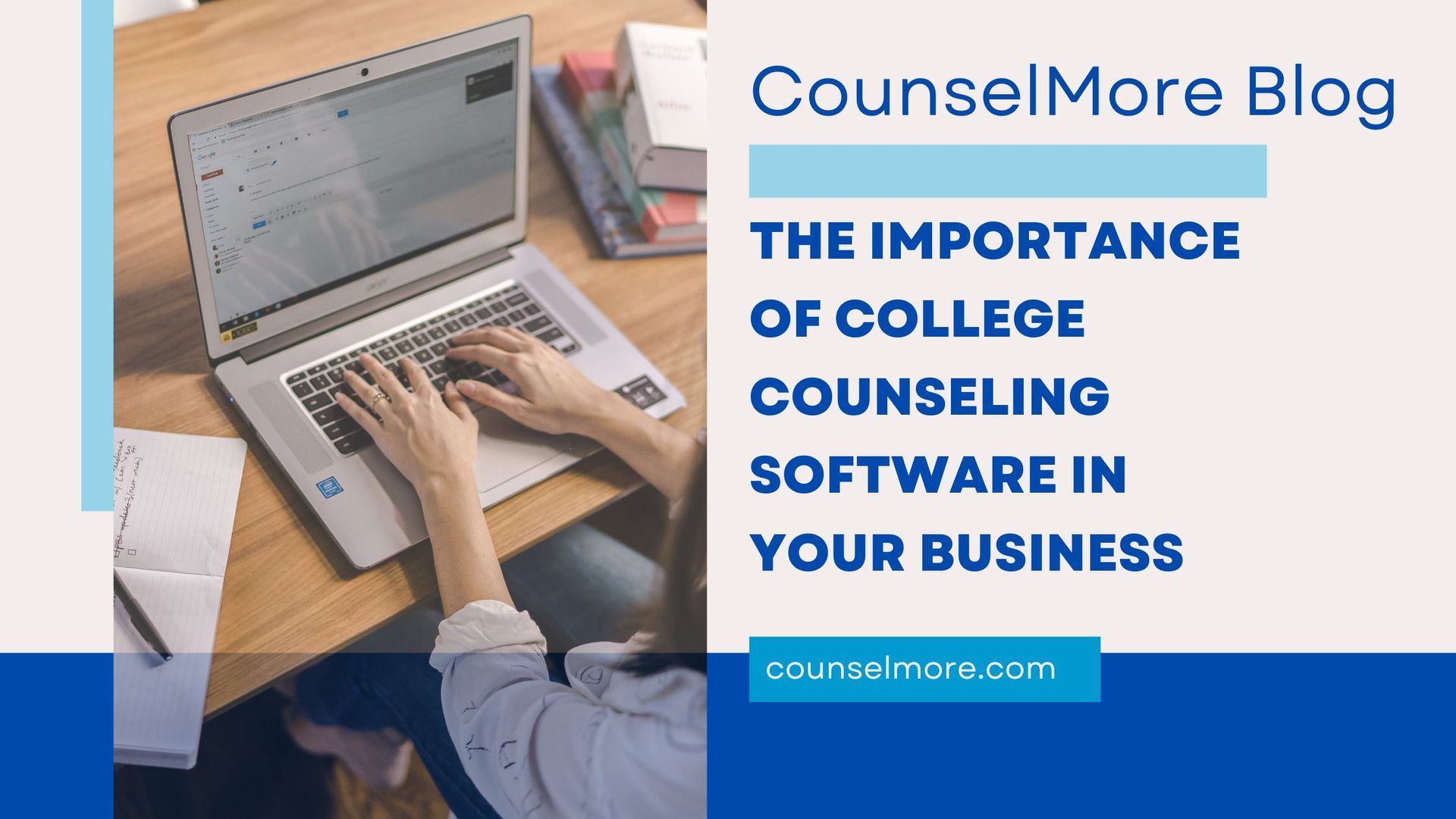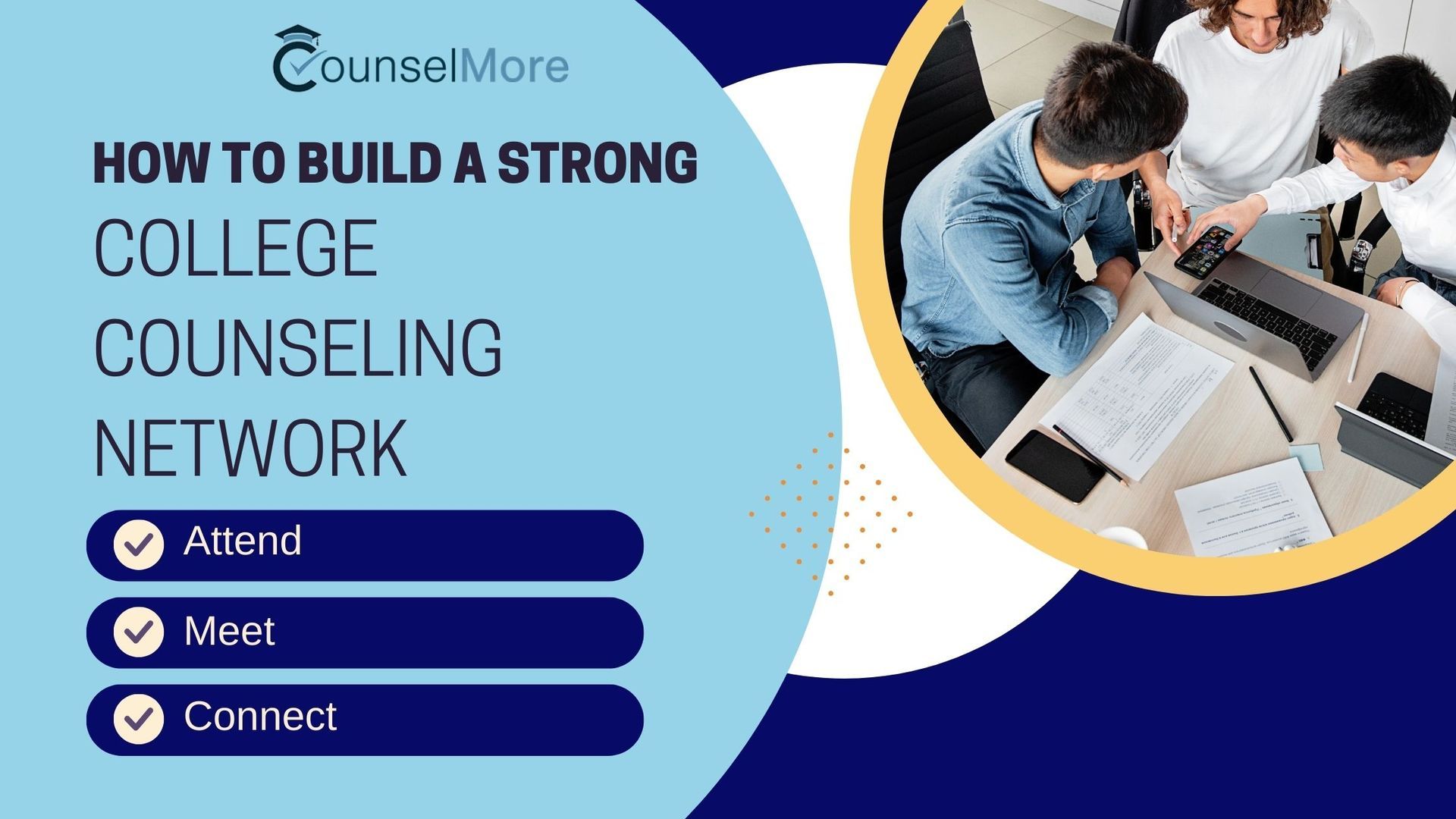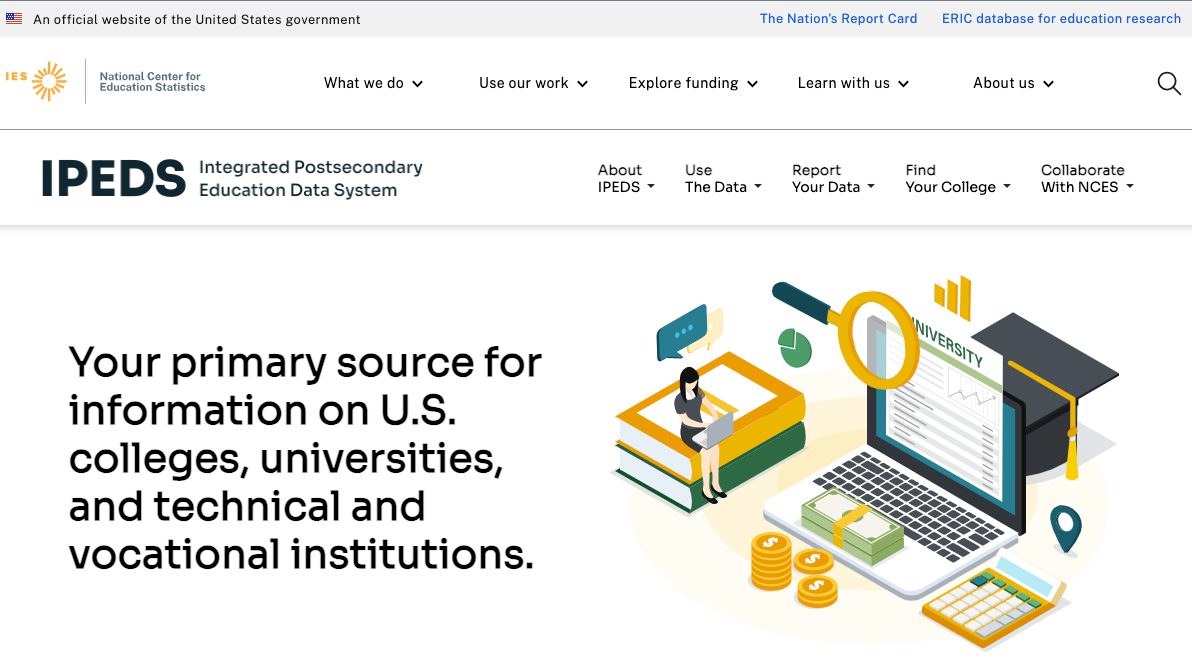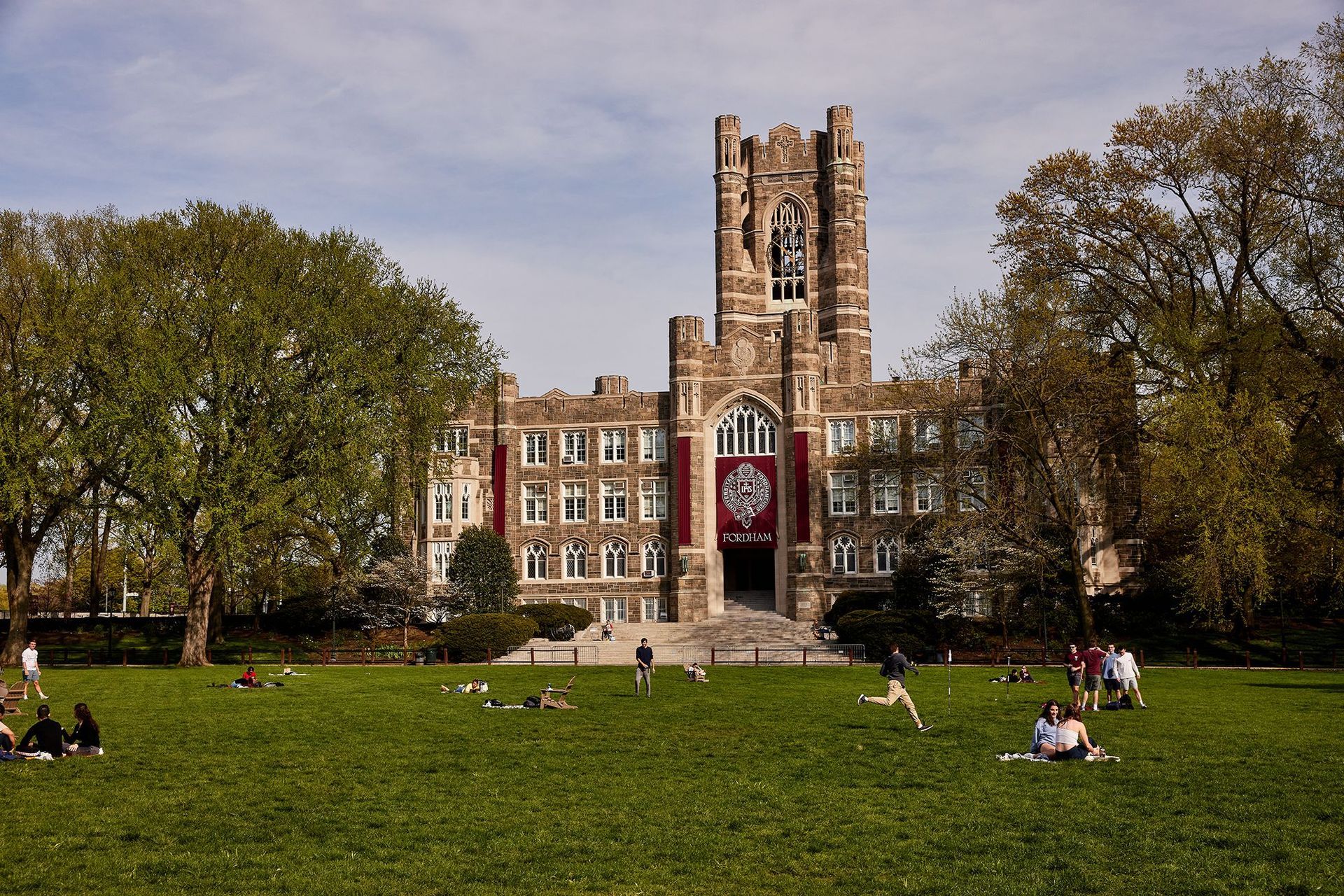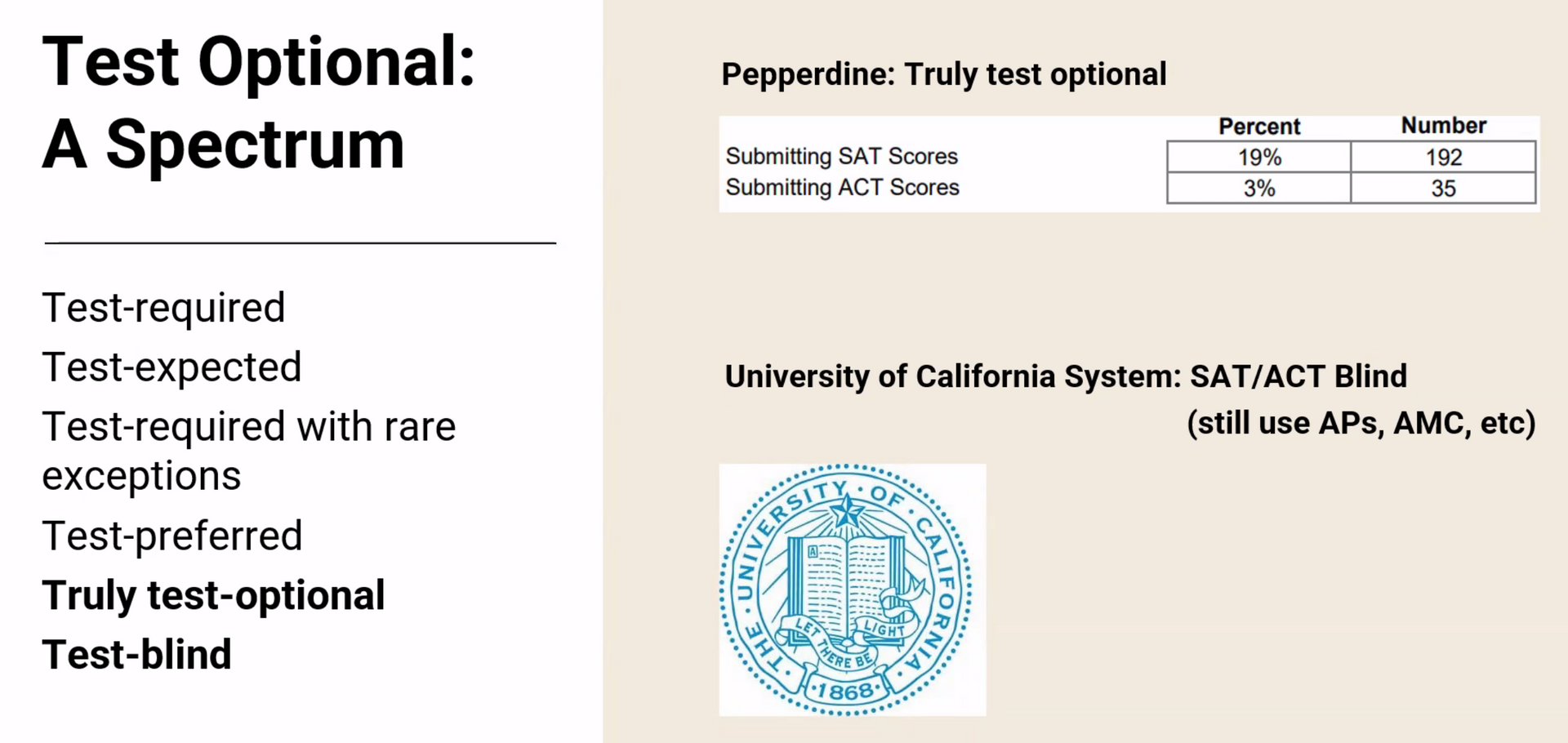The Impact of the Supreme Court's Decision on Affirmative Action: A Guide for Private College Counselors

The landscape of college admissions experienced a seismic shift following the Supreme Court's decision to strike down race-conscious admissions policies in 2023. For private college counselors working closely with families, understanding the nuances of this ruling and its implications for prospective students is vital. This blog aims to equip counselors with actionable insights into navigating the post-affirmative action admissions process, spotlighting how holistic review strategies and the telling of a student’s story remain key.
What the Ruling Entailed
The Supreme Court's decision fundamentally changed the way race can be considered in college admissions. The ruling underscored that using racial classifications directly in admissions processes is unconstitutional.
However, Justice Sonia Sotomayor, in her dissenting opinion, offered a beacon of guidance:
“Today’s decision leaves intact holistic college admissions…that seek to enroll diverse classes without using racial classifications. Universities should continue to use those tools as best they can to recruit and admit students from different backgrounds based on all the other factors the court’s opinion does not and cannot touch.”
For counselors, this means that while direct references to race are no longer viable, many other dimensions of a student’s identity—socioeconomic background, first-generation status, linguistic abilities, unique experiences, and personal achievements—remain valuable components of a competitive application.

Early Data and Its Mixed Impact
Recent demographic data for the Class of 2028, the first to enroll after the Supreme Court's decision, reveals a varied impact on diversity at selective institutions:
- Massachusetts Institute of Technology (MIT): Experienced a 15-percentage-point decline in Black and Hispanic student representation, accompanied by a one-point decrease in white enrollment and a significant seven-percentage-point increase in Asian American students.
- Yale University: Saw no change in the percentage of African American and Native American students compared to the Class of 2027. However, its Hispanic/Latino population dropped by 1%, and the Asian American population declined by 6%.
- University of North Carolina at Chapel Hill (UNC): Reported a notable 25% decrease in Black first-year and transfer students, with Hispanic enrollment falling by 7%. Overall, the Class of 2028 was about 64% white, 26% Asian, 10% Hispanic or Latino, 8% Black, and 1% American Indian.
These data points illustrate that while some schools saw considerable shifts, others maintained a relative balance. For private college counselors, these statistics underscore the need for a strategic approach that adapts to these evolving dynamics.
What This Means for Private College Counselors
Justice Sotomayor’s statement highlights a critical opportunity for counselors: the ability to guide students in showcasing aspects of their identity that contribute to a diverse and holistic narrative. Here’s how private college counselors can adapt their strategies:
- Emphasize Socioeconomic Background and First-Generation Status: Colleges can still consider a student’s socioeconomic circumstances and first-generation college status. Counselors should encourage students to highlight these aspects in their personal statements or supplemental essays, showcasing resilience, adaptability, and ambition.
- Highlight Unique Life Experiences and Challenges: Extenuating circumstances that don’t fit neatly into data metrics can and should be featured in the narrative. Whether it’s overcoming significant personal challenges or navigating cultural and linguistic differences, these experiences enrich a student’s profile and illustrate character and determination.
- Showcase Leadership and Community Engagement: Activities that demonstrate leadership, civic involvement, and community service are essential components of a well-rounded application. Counselors should work with students to reflect on how their participation has shaped their perspective and prepared them for college life.
- Utilize Holistic Review Tactics: Encourage students to build an application that tells a cohesive story. This includes integrating personal essays, recommendation letters, and extracurricular activities that align with the attributes colleges are now more likely to focus on, such as social mobility and community impact.
- Guide Students in Articulating Multilingual and Cultural Assets: As Justice Sotomayor pointed out, colleges can consider linguistic abilities and cultural backgrounds. Counselors should advise students to present these traits as assets that contribute to the intellectual and cultural diversity of a campus.
Navigating the New Landscape: Practical Steps
- Counselors Should Be Proactive in Information Gathering: Stay updated on individual schools’ evolving admissions strategies and data points. This insight will help counselors tailor their guidance for students aiming at specific institutions.
- Educate Families: Clearly communicate the implications of the Supreme Court’s decision to families. Reassure them that while racial classification may be off the table, many meaningful pathways still exist for demonstrating a student's unique contributions and potential.
- Develop Comprehensive Student Portfolios: Counselors should ensure that students compile portfolios that include achievements, challenges overcome, leadership roles, and community involvement, all supported by strong narratives.
Moving Forward with Confidence
The Supreme Court’s decision has undeniably reshaped the admissions landscape, but it has not closed the door on fostering diverse student bodies. As private college counselors, the mission now is to refine and elevate how students’ stories are told. By emphasizing factors such as socioeconomic diversity, first-generation status, unique life experiences, and personal achievements, counselors can continue to guide students effectively through the application process.
Justice Sotomayor’s words remind us that while the legal framework may have changed, the spirit of holistic admissions remains alive:
“Colleges…can and should continue to consider socioeconomic diversity and to recruit and enroll students who are first-generation college applicants or who speak multiple languages, for example.”
The path forward is clear: leverage these dimensions, and continue to support students in presenting their most authentic and compelling selves.
This blog was written by reviewing the information of these stories to compile new insights from the point of view of the educational consultant
https://mailview.bulletinmedia.com/mailview.aspx?m=2024091001nacac&r=8819701-ce49&l=005-3ec&t=c
https://www.inquirer.com/education/race-based-college-admissions-enrollment-first-year-20240906.html
https://www.newsobserver.com/news/local/education/article291920935.html
https://www.nytimes.com/2024/09/05/us/unc-affirmative-action-black-enrollment.html

